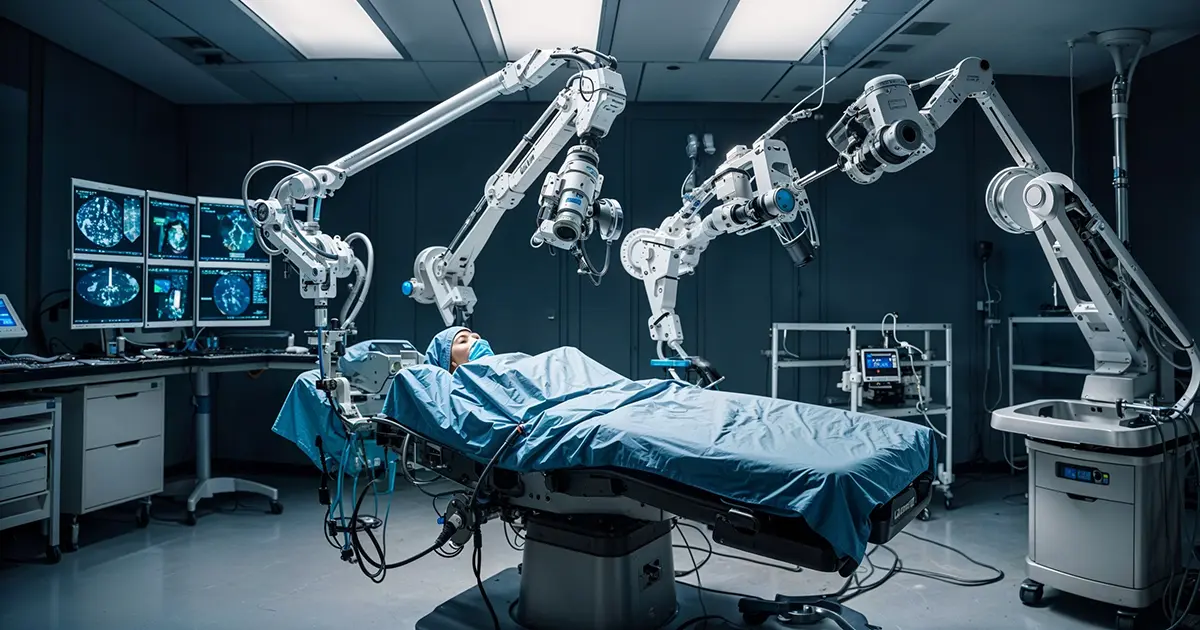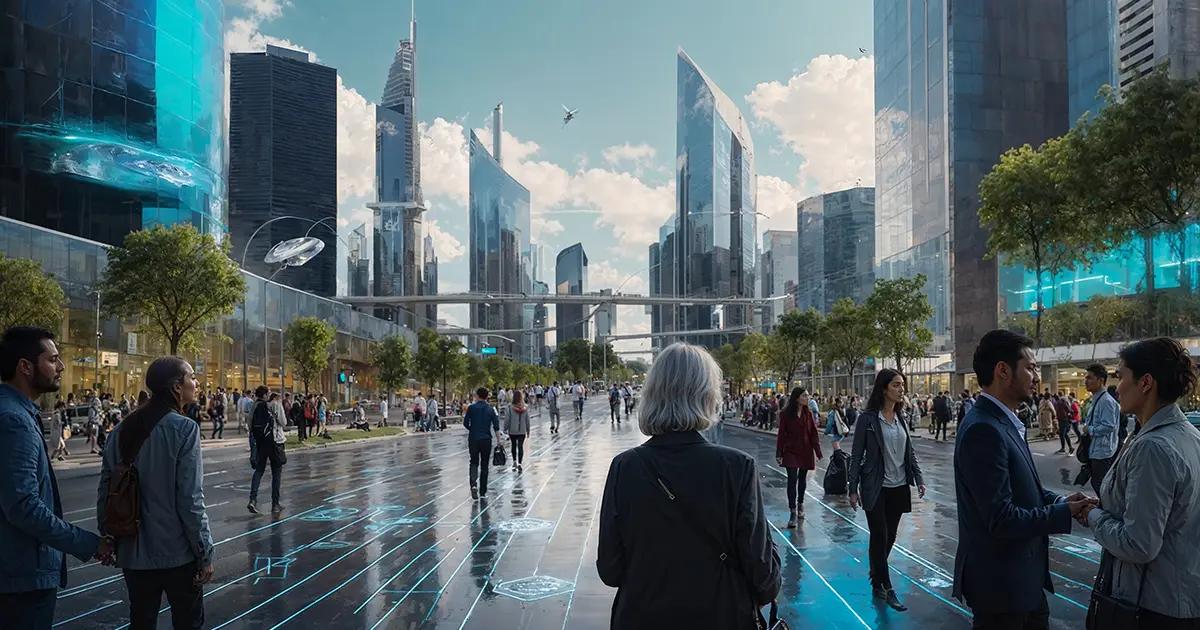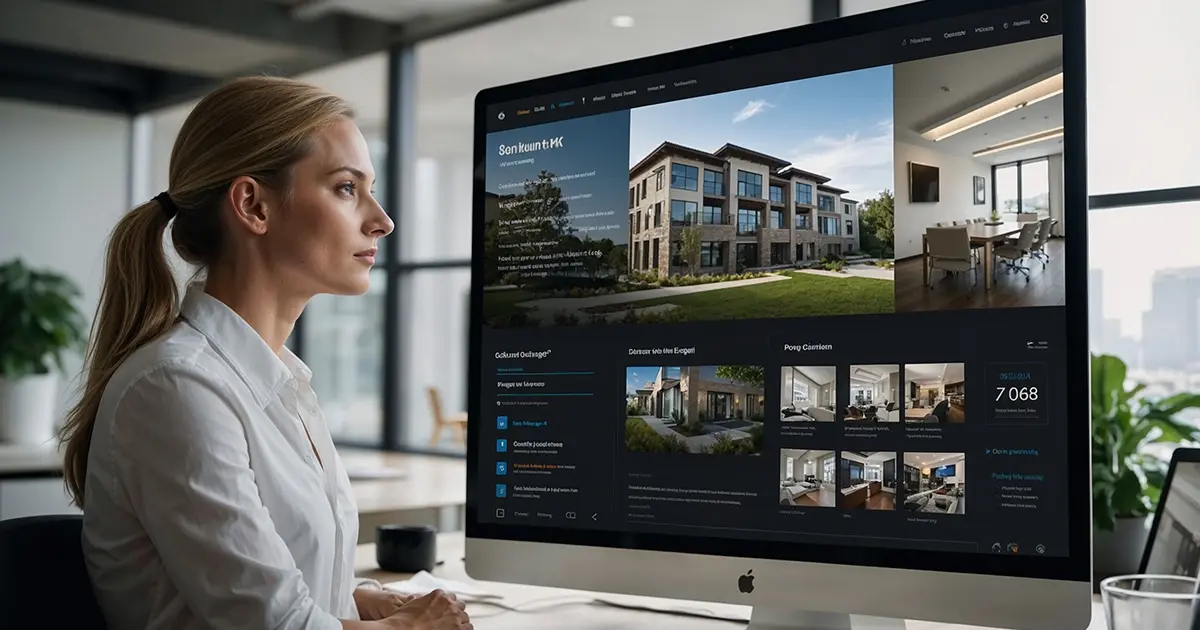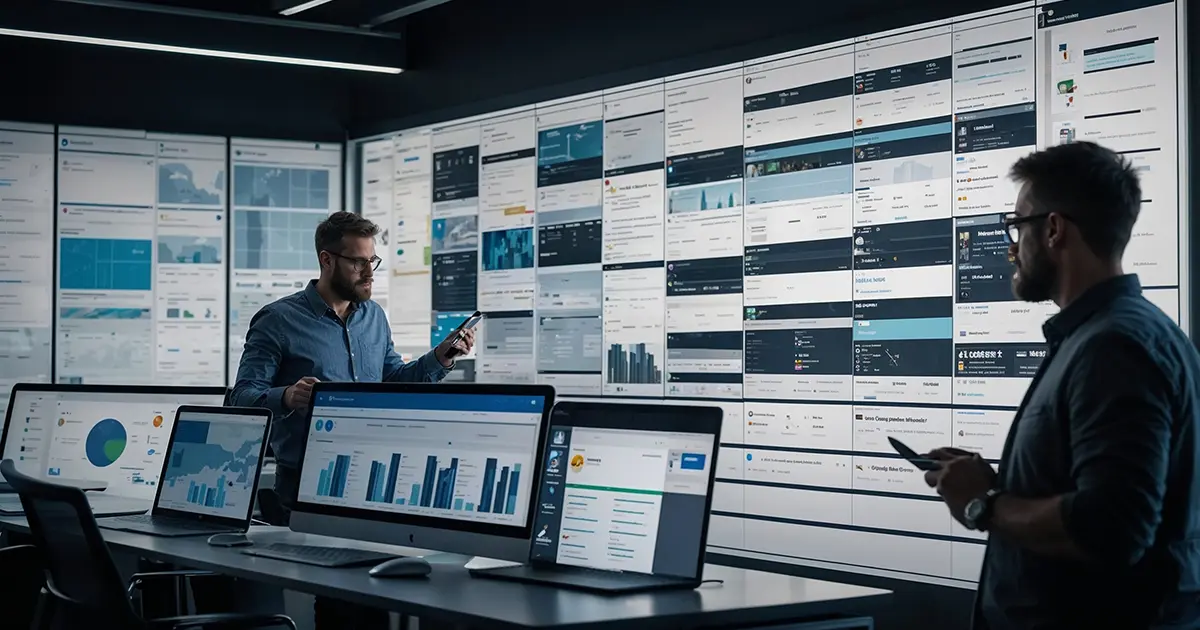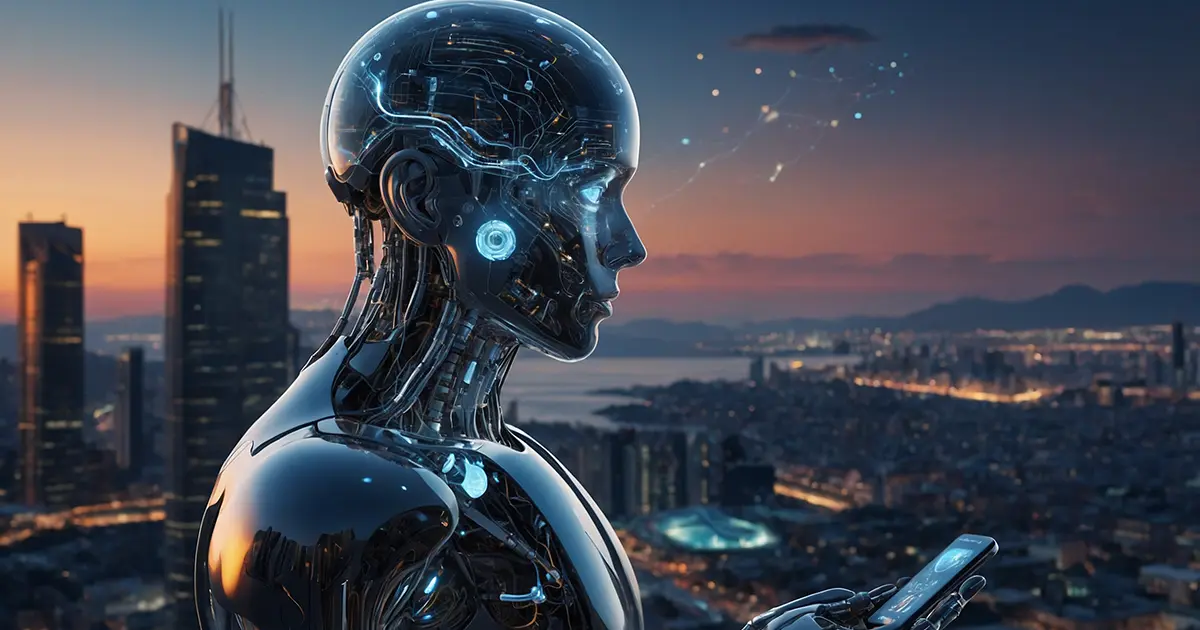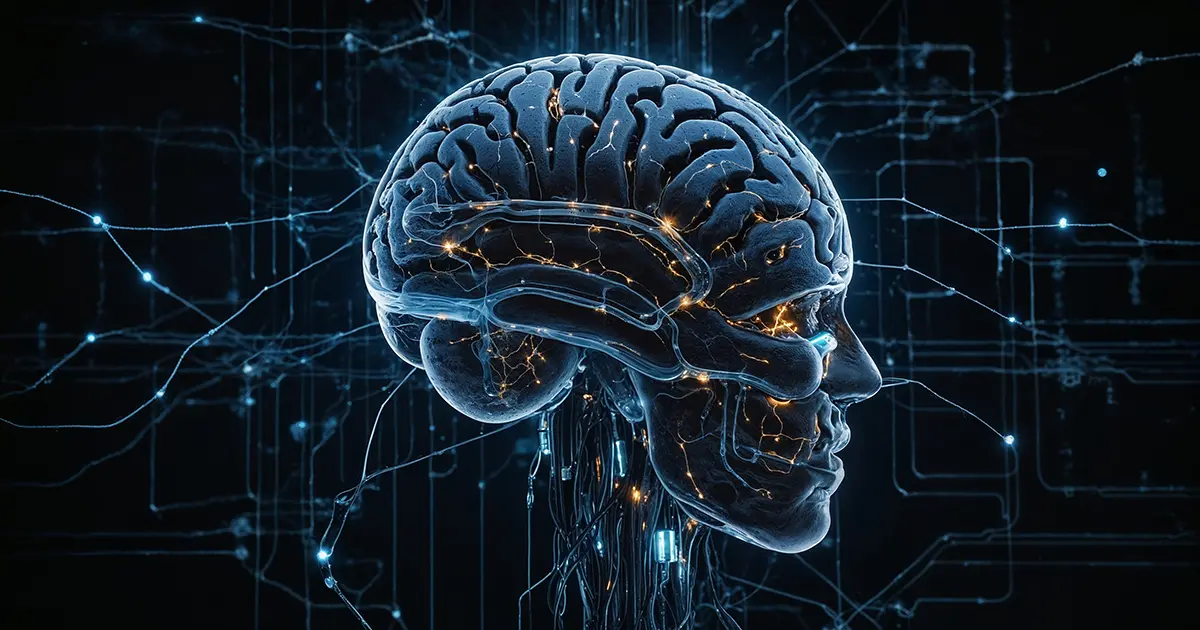How AI is Transforming Healthcare: From Diagnosis to Surgery
Artificial intelligence is transforming healthcare, making diagnosis and treatment more accurate and accessible. From detecting diseases earlier to assisting in complex surgeries, AI is changing the world of medicine for the better.
AI in medical diagnostics: A game changer
Artificial intelligence is becoming an integral part of modern medicine, particularly in the diagnosis of disease. AI tools can analyze medical images, lab results, and patient histories with incredible accuracy. This helps doctors detect diseases earlier and provide better treatment. For example, AI-powered systems can identify tumors in X-rays and MRI scans, often spotting problems that even experienced doctors might miss. This precision has made AI a valuable partner to healthcare professionals, helping to save lives by making diagnoses faster and more reliable.
How AI diagnoses patients: From the basics
To understand how AI helps diagnose patients, we need to start at the beginning. At its core, artificial intelligence is like a very smart assistant that uses large amounts of data to learn and make decisions. In healthcare, AI systems are trained on millions of medical records, images, and patient data to recognize patterns that indicate health problems.
IBM, for example, has developed a system called Watson that is being used in various hospitals to help analyze medical data and suggest diagnoses. Similarly, Google Health has developed AI algorithms that can detect eye diseases from retinal scans, potentially preventing blindness. These AI systems compare new data (such as a medical scan) with their vast database of examples to determine if something looks unusual.
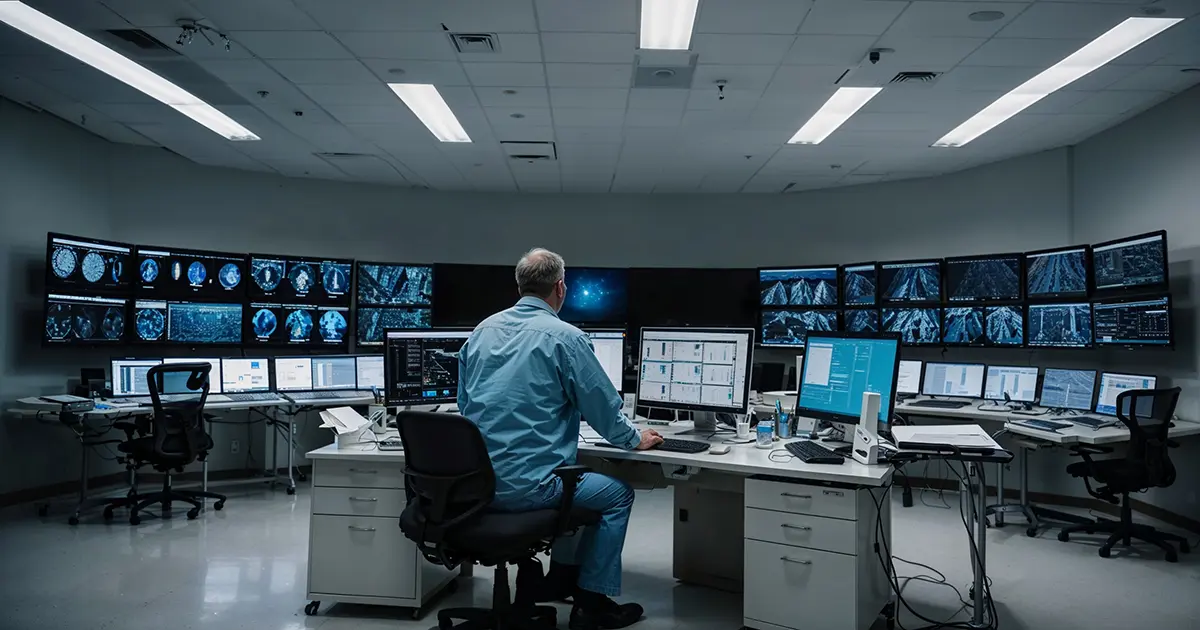
One of the most advanced AI tools used in diagnostics is software developed by Zebra Medical Vision. This company uses AI to analyze medical images and has partnered with hospitals around the world to improve diagnostic accuracy. AI scans images for specific patterns and flags anything that might need a doctor’s attention. This means that even minor anomalies can be quickly identified and addressed, potentially saving lives.
AI doesn’t just stop at diagnosis. It also plays a role in suggesting treatments based on what it learns from past medical records. In the future, these systems will become even more intelligent, providing personalized care to patients and even assisting in robotic surgery. Imagine a robot performing surgery under the guidance of an AI system, with precision beyond that of human hands. This is no longer science fiction – many hospitals are already experimenting with robot-assisted surgeries that are more precise and reduce recovery time.
AI-assisted diagnosis: Looking to the future
The combination of artificial intelligence and medicine is opening up new possibilities. AI is already being used in diagnostics:
These benefits are just the beginning of what AI can do in healthcare.
Companies leading the AI revolution in healthcare
Several companies are pioneering the application of AI in healthcare. IBM Watson Health, Google Health, and Zebra Medical Vision are just a few examples of organizations pushing the envelope. IBM Watson has helped hospitals analyze patient records, while Google has used AI to predict health conditions based on scans and medical histories. Zebra Medical Vision is another player providing AI tools for medical imaging to help diagnose diseases with greater accuracy.
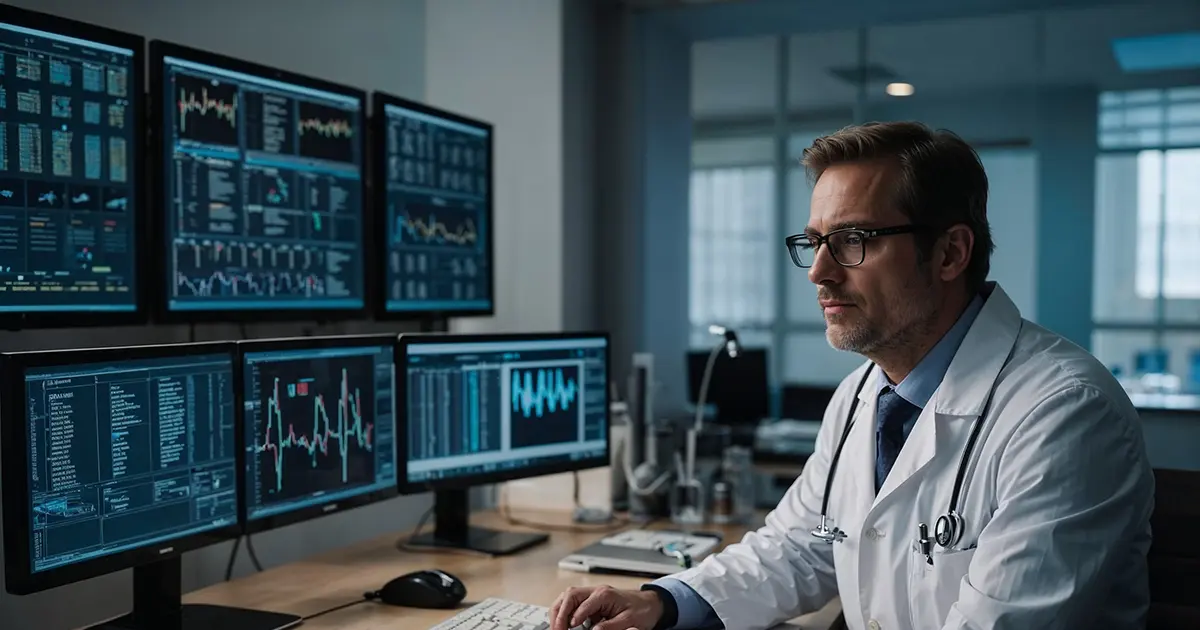
AI in treatment: Beyond diagnosis
Artificial intelligence isn’t just changing the way doctors diagnose disease; it’s also improving the way they treat it. AI-guided robotic surgery is becoming more common, especially for delicate procedures that require extreme precision. For example, the da Vinci Surgical System is a well-known robotic tool that helps surgeons perform minimally invasive procedures with greater accuracy than ever before.
AI is also involved in drug discovery. By analyzing thousands of chemical compounds, AI can predict which ones might be effective as new drugs, dramatically speeding up the process of finding new treatments. Companies like BenevolentAI are already using AI to analyze data and develop new drugs, potentially leading to faster cures for various diseases.
Benefits of AI in healthcare: A quick overview
AI is making healthcare more efficient and effective. Here are some of the key benefits:
These improvements are changing the way medical care is delivered around the world.
Never too late to learn
Even if it all sounds complex, it’s never too late to learn. The beauty of artificial intelligence is that it can be explained in simple terms. If you’re curious about how these technologies work, but don’t know where to start, our website is here for you. We break down these concepts in an easy-to-understand way so that even a complete beginner can become familiar with the wonders of AI. With a little time and effort, you can get comfortable with AI and see how it’s changing the world – one healthcare breakthrough at a time.
Healthcare meets innovation – the future is here
Artificial intelligence is revolutionizing medicine, from making accurate diagnoses to performing complex surgeries. If you’re interested in learning more about AI’s impact across industries, explore our other sections on AI in everyday tasks and smart tools for life. AI isn’t just about technology; it’s about improving lives and making healthcare more accessible to everyone.

